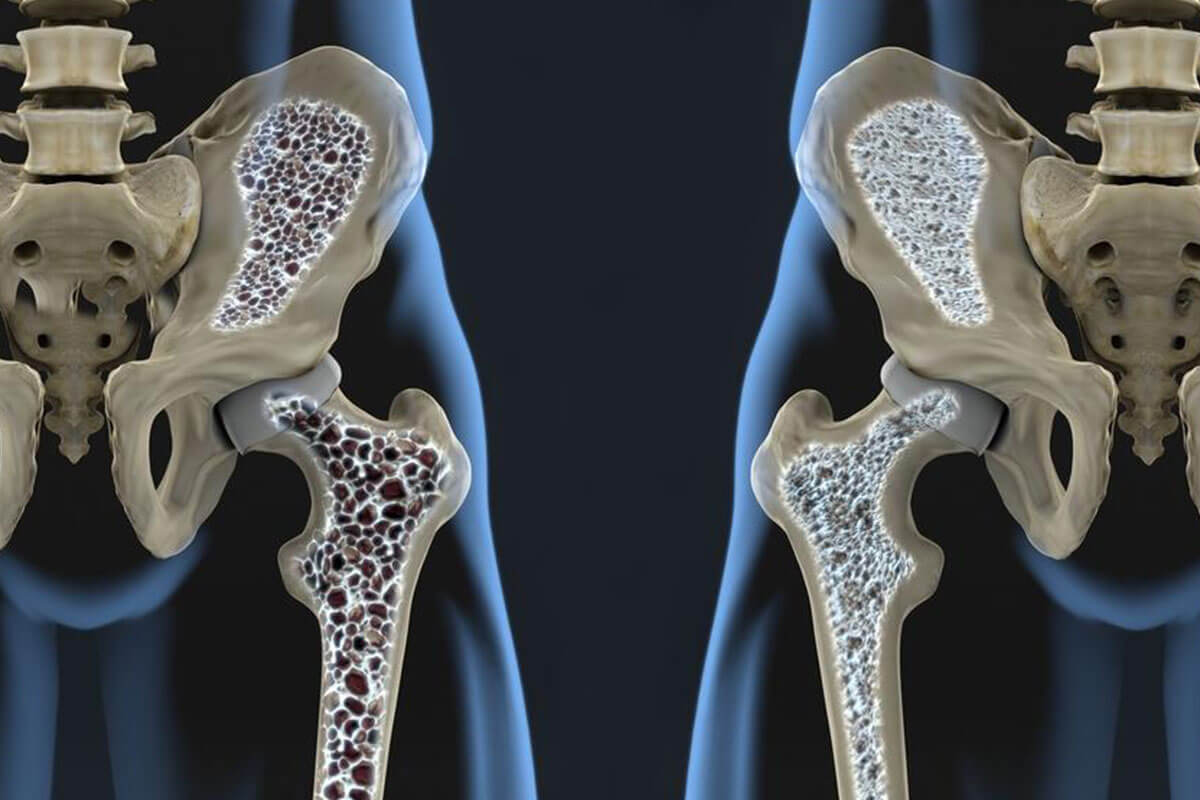Top 5 Medical Conditions Associated with Osteoporosis and Bone Degeneration
This article explores five key health conditions linked to osteoporosis and bone loss, emphasizing the importance of early diagnosis and lifestyle modifications. Understanding these conditions can help prevent fractures and improve bone health, especially in at-risk populations like older women and individuals with autoimmune, metabolic, or hormonal disorders.
Sponsored

Top 5 Medical Conditions Linked to Osteoporosis and Bone Loss
Osteoporosis is a condition where bones become fragile due to imbalanced bone turnover. Certain health issues can contribute to this process, either through the disease itself or related medications. Recognizing these conditions is key to prevention and management.
As a dynamic tissue, bone continually renews itself. When breakdown surpasses rebuild, bones weaken and become prone to fractures. Osteoporosis affects over 200 million women worldwide, especially in older white and Asian populations. Symptoms like fractures, back pain, and postural changes often indicate advanced stages, with early phases showing no symptoms.
Risk factors include age, gender, body frame, genetics, lifestyle, and eating habits. A personalized treatment plan may involve medication, dietary adjustments, and lifestyle changes to reduce fracture risk. Understanding the medical conditions that influence bone health is essential for prevention.
Several health disorders are linked to osteoporosis either due to their direct impact or because of treatments. These include autoimmune diseases, metabolic disorders, and hormonal imbalances, which can accelerate bone loss.
Autoimmune Conditions: Rheumatoid Arthritis and Lupus
Rheumatoid arthritis (RA) and lupus are immune system disorders where the body targets its own tissues. With millions affected in the U.S., these diseases can impair bone development during critical years, increasing osteoporosis risk. Dr. Beatrice Edwards from Northwestern University highlights that conditions hindering bone growth in early adulthood elevate this risk.
Diabetes
Type 1 diabetes may reduce peak bone mass, as high blood sugar levels interfere with bone formation, especially since the disease often develops during childhood. This compromised bone development predisposes individuals to osteoporosis later in life.
Asthma
While asthma itself isn't directly linked to bone loss, medications like corticosteroids used in treatment can weaken bones over time. This highlights the importance of monitoring medication side effects.
Hyperthyroidism
Excess thyroid hormone production accelerates bone remodeling cycles, which become less effective with age. This results in net bone loss, making osteoporosis more likely. Managing thyroid function is vital for maintaining bone strength.
Additional conditions such as multiple sclerosis and celiac disease also contribute to bone deterioration. Recognizing these risk factors allows for proactive lifestyle adjustments, including vitamin D supplementation and healthy habits, to promote strong bones and prevent osteoporosis.






